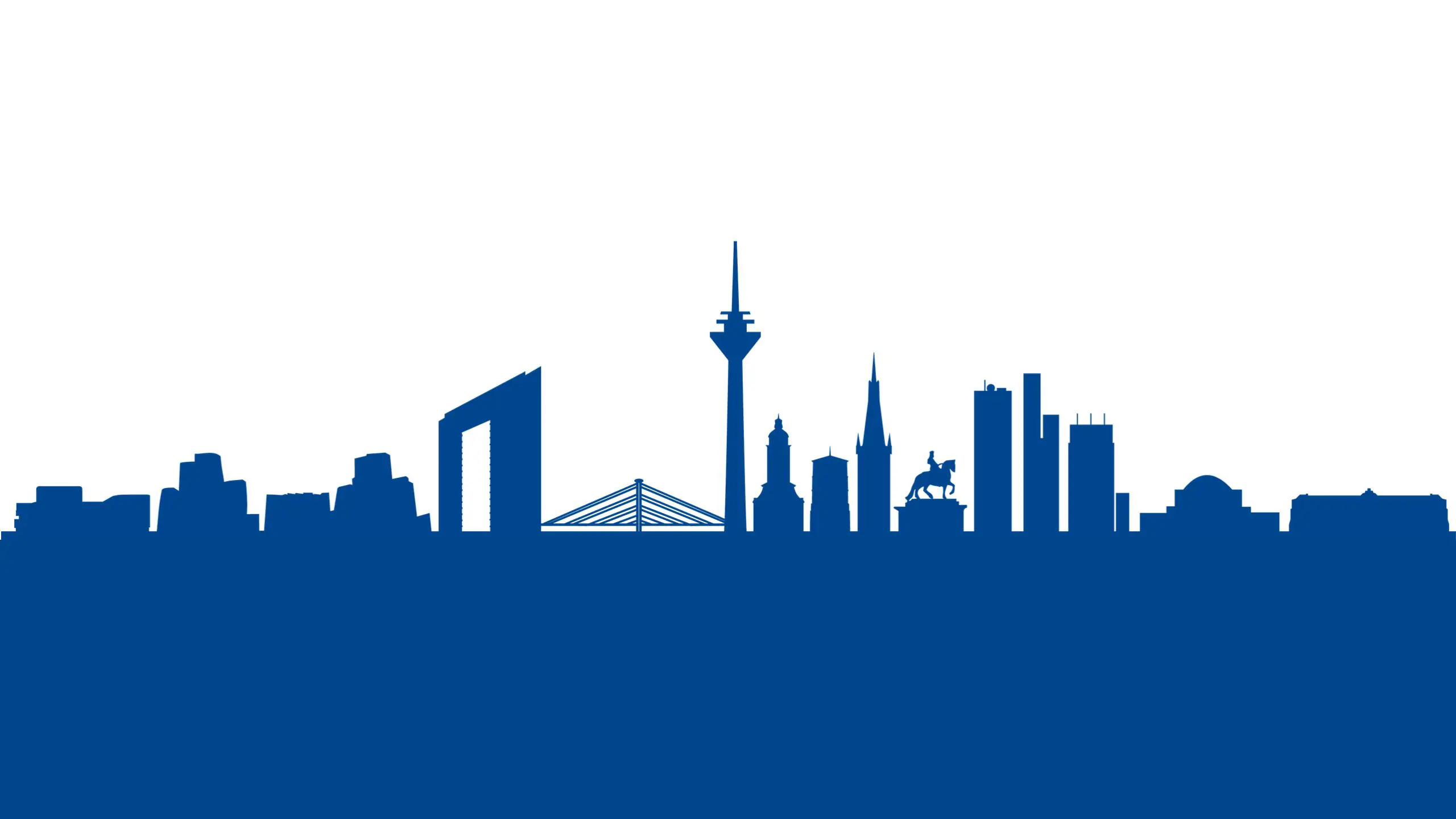The benefits of living in Germany
Living in Germany offers a high quality lifestyle, and opportunities for personal and professional growth, making it a desirable destination for those seeking to live abroad.
Germany is a diverse and fascinating country, lying at the heart of Europe. It has a rich history, breath-taking landscapes, vibrant cities, and an open-minded, multicultural society. Germans enjoy a high standard of living, strongly supported by a stable political environment, a robust infrastructure, and a prosperous economy. German towns are regularly ranked among some of the most ‘liveable cities’ in the world, providing safety and peace of mind for residents.
However, life in Germany also has its quirks and individual charm, as it boasts a unique and regionally diverse culture, making a relocation to Germany an enriching and delightful experience.
Quick facts
Language, landscape and culture
|
Language |
|---|
|
German is the most widely spoken first language in Europe and one of the top 10 most spoken languages in the world, with over 120 million speakers spread over Germany, Austria and Switzerland. While German is neither known for its beauty nor its ease of learning, this notion is more myth than reality. German shares many similarities with the English language, providing English speakers with a solid foundation. A wide range of German courses tailored to various levels and time commitments, make it accessible for learners of all backgrounds. For those looking to learn the language before arriving in Germany, online courses offer a convenient and accessible option. The Goethe Institute is a globally recognised cultural institution dedicated to promoting the German language and fostering international cultural exchange and offers German as a foreign language learning through courses and examinations. Many Germans have an excellent understanding of English, and it is entirely possible to get by in Germany without speaking the language. However, it is always useful to have a grasp of the basics. |
|
Food |
|
Prepare to be pleasantly surprised by the diversity of German cuisine. Germany is a cosmopolitan, multicultural society, and German people enjoy a wide range of cuisines from around the globe. In any city, you are likely to find more Italian or Asian restaurants than traditional German ‘Brauhäuser’. There is something for every taste. Germany also boasts its own rich culinary heritage, with distinct regional variations. Take, for instance, the iconic Wurst. Germans enjoy many sausage varieties, ranging from white to dark, short to long, and boiled to smoked, reflecting the diverse tastes across the country. Additionally, Germany takes pride in its extensive bread culture, with over 300 types of bread to savour. With a remarkable 1,300 breweries, there's a different beer available for every day of the year, for over three years! |
|
Geography |
|
Germany stretches from the Baltic in the north to the Alps in the south. It borders nine countries, including Scandinavian Denmark, Mediterranean France, Alpine Switzerland, and the Bohemian Czech Republic. Two of Europe’s mightiest rivers carve through its landscapes – the Danube and the Rhine, and one of Europe’s largest lakes – Lake Constance – forms its southern border. Germany’s geography is therefore hugely varied and its landscapes merit discovery. The country is divided roughly in two, between the ‘flat’ north and ‘high’ south. The north has a strong seafaring tradition and is a popular holiday destination for families and those seeking the fresh sea air. Its coast is dotted with islands, and home to sweeping beaches, broad mudflats and chalky cliffs. Central Germany is the land of rolling hills and majestic rivers. Vineyards cling to the slopes and produce some of the country’s finest wines. In the southwest, the Black Forest entices visitors with its spectacular scenery, cuckoo clocks and cherry cake. Icy lakes nestle in Bavaria’s hills, formed from the melting snow of the Alps, which rise on the southern border and provide endless opportunity for outdoor pursuits. |
|
Climate |
|
Germany has a predominantly temperate climate, with continental influences. There are four distinct seasons, with warm summers and mild winters. Continental influences can cause periods of extreme heat or cold, but average temperatures are moderate. Snow is common at higher elevations during the winter months, but the lowlands are typically milder, with only the occasional snow flurry. |
|
Culture |
|
It is impossible to summarise Germany’s rich and diverse culture in a few short words. However, lying in the centre of Europe places Germany firmly at the heart of European cultural tradition. Germany has a lot in common with its neighbours, and for those moving to Germany from elsewhere in the western world, much will be familiar. Due to Germany’s long existence as a group of loosely allied micro-states, German culture is highly regionalised, and there are marked differences in language, customs, and culinary traditions across the country. Travelling from one city to another can feel like travelling to a different country, which makes Germany such an interesting place to discover. Germans have a great appreciation for their own culture and customs, as well as culture in a broader sense. The typical German has a strong affinity to their hometown or region, and local festivities are celebrated with pride. This means that many ancient traditions are kept wholeheartedly alive beneath the shiny veneer of this modern nation. Cultural activities are abundant, and even small towns and cities typically have a wide array of cultural outlets. Museums and the Arts thrive in Germany, offering something to captivate every interest. Known as the "Land der Dichter und Denker" (the land of poets and thinkers), Germany celebrates its rich literary, philosophical, and artistic heritage with pride. |
|
Quality Healthcare |
|
The healthcare system in Germany is renowned for its excellence, offering comprehensive coverage and access to top-notch medical facilities and services. |
|
Efficient Public Transport |
|
Germany has an extensive and efficient public transportation network, including trains, trams, buses, and bike lanes, making it easy to get around without a car. |
|
Work-Life Balance |
|
Germans value work-life balance, with generous vacation days, flexible working hours, and strong labour laws promoting employee well-being. |
|
Environmental Consciousness |
|
Germany is a leader in environmental sustainability, with initiatives promoting renewable energy, recycling, and eco-friendly practices. |
The benefits of living in...
Düsseldorf Rhein-Ruhr
The Düsseldorf Rhein-Ruhr area, nestled in the heart of western Germany's North Rhine-Westphalia region, is one of Europe's largest urban areas, encompassing cities such as Düsseldorf, Essen, Dortmund, and Duisburg.
The area is not only a powerhouse of commerce and industry but also a cultural melting pot, boasting world-class museums, theatres, and galleries. From contemporary art exhibitions to classical music performances, there's no shortage of cultural experiences to enjoy.
Nature lovers will find plenty to explore in the Rhein-Ruhr region, with picturesque parks, gardens, and nature reserves dotting the landscape. The scenic beauty of the Rhine River and the nearby Bergisches Land and Sauerland regions provide ample opportunities for outdoor recreation, hiking, and cycling.
Overall, the Düsseldorf Rhein-Ruhr area offers a perfect blend of urban excitement, cultural richness, and natural splendour, making it a vibrant and captivating destination for residents and visitors alike.
At its core lies Düsseldorf, the capital city of North Rhine-Westphalia, an important financial and industrial centre with a proud identity and beating heart.
|
Infrastructure |
|---|
|
Düsseldorf is well located with access to a range of European destinations. Belgium, France, Luxembourg and the Netherlands are only a short distance away, and high-speed rail links connect Düsseldorf with all major German cities. Düsseldorf airport is the most important in the region and connects travellers to destinations across the world. There are daily flights to cities across the UK. |
|
Evolving Story |
|
Düsseldorf grew from a medieval fishing village, located where the river Düssel flows into the Rhine. Its strategic importance meant it quickly developed into a fortified town, the remains of which can be seen in the beautiful area of Kaiserswerth, the location of Emperor Barbarossa’s now ruined palace. The bustling streets of the old town still give a sense of the medieval city, chosen by the Dukes of Berg as their capital. Nowadays these streets provide a picturesque backdrop to shoppers and partygoers, visiting ‘the longest bar in the world’, consisting of the district’s 260 pubs and bars. Modern Düsseldorf is a dynamic and captivating city which boasts a high standard of living. It is a major economic hub, home to numerous multinational corporations and trade fairs, that offers a unique blend of cultural heritage, modern amenities, and scenic beauty. Renowned for its thriving arts scene, with numerous galleries, theatres, and museums and for its grand ‘Königsallee’, one of Europe's premier shopping destinations, the city is a paradise for arts and fashion lovers. It is a lively hub for nightlife and socialising, especially during events like Karneval (Carnival) and the Altbier festivals and boasts several parks and green spaces where residents and visitors can relax and unwind. Away from the bustle of the city, Düsseldorf’s suburbs are leafy and calm. There is a wide range of places to live in the area, such as Essen or Duisburg, all well connected by bus, train and tram. Further afield, there are many places to explore. Picturesque villages dot the hills of the Eifel region and towns and cities in the Netherlands are just a short ride away. |
|
Legacy and identity |
|
In the flag of Duisburg, situated at the heart of the Rhein-Ruhr area, three towers symbolise the city's fortified walls, reflecting its historical municipal sovereignty and authority. The mural crown in the logo of St. George’s School in Düsseldorf Rhein-Ruhr honours the schools’ location Duisburg and pays homage to the city's enduring status and heritage in the region. |



















